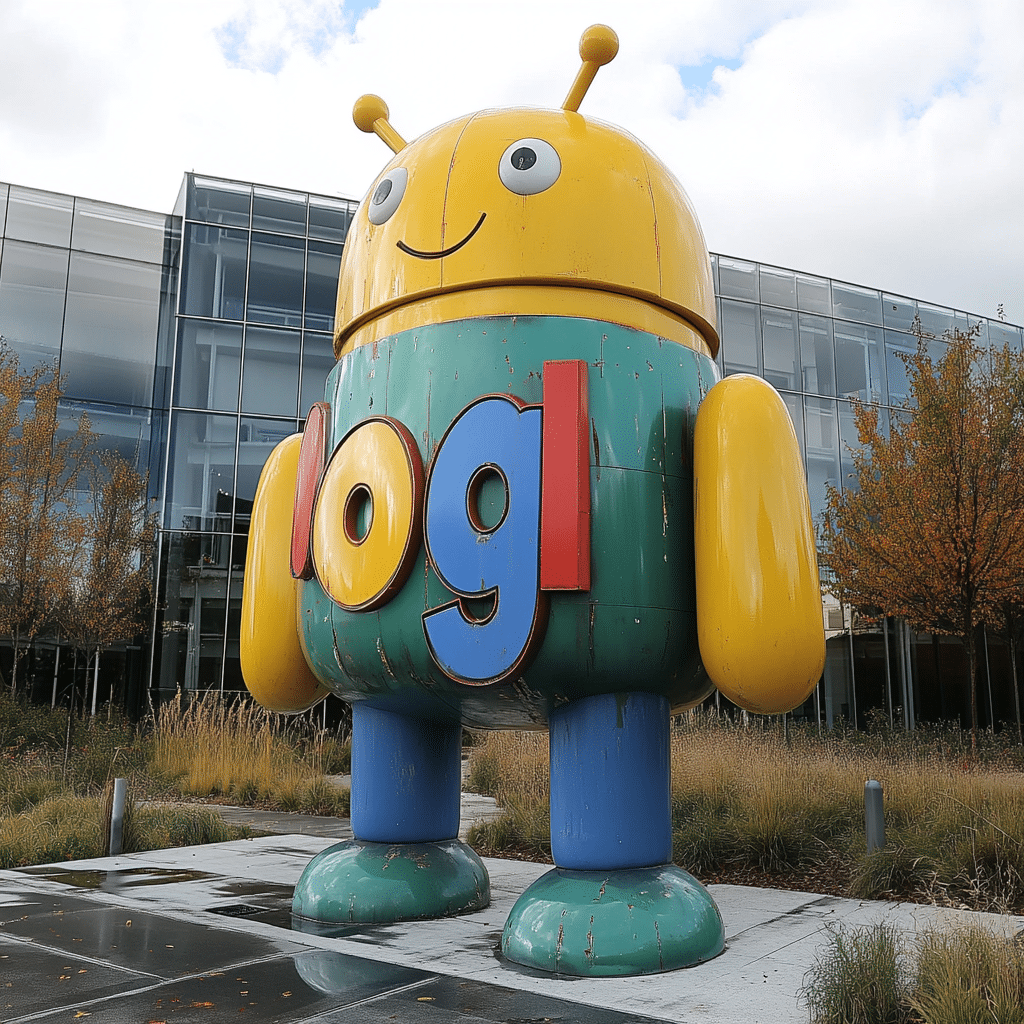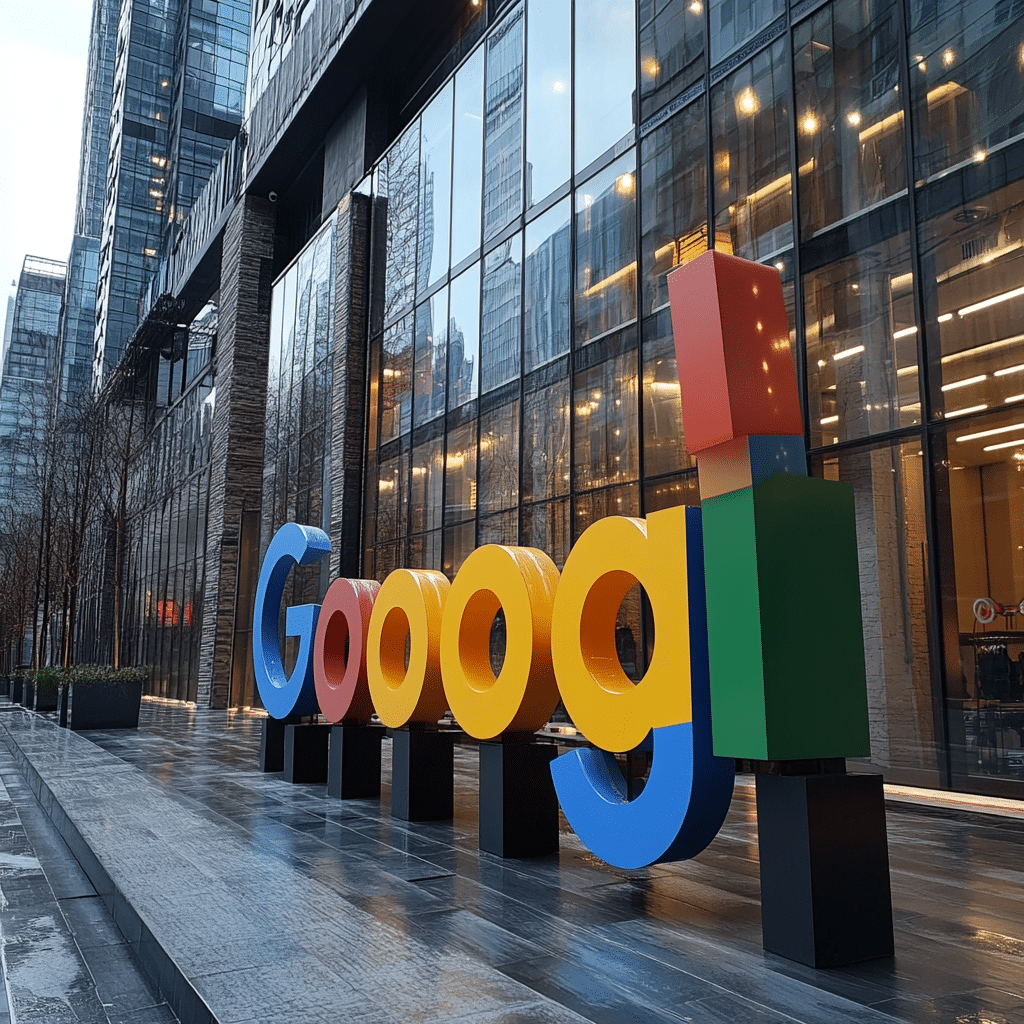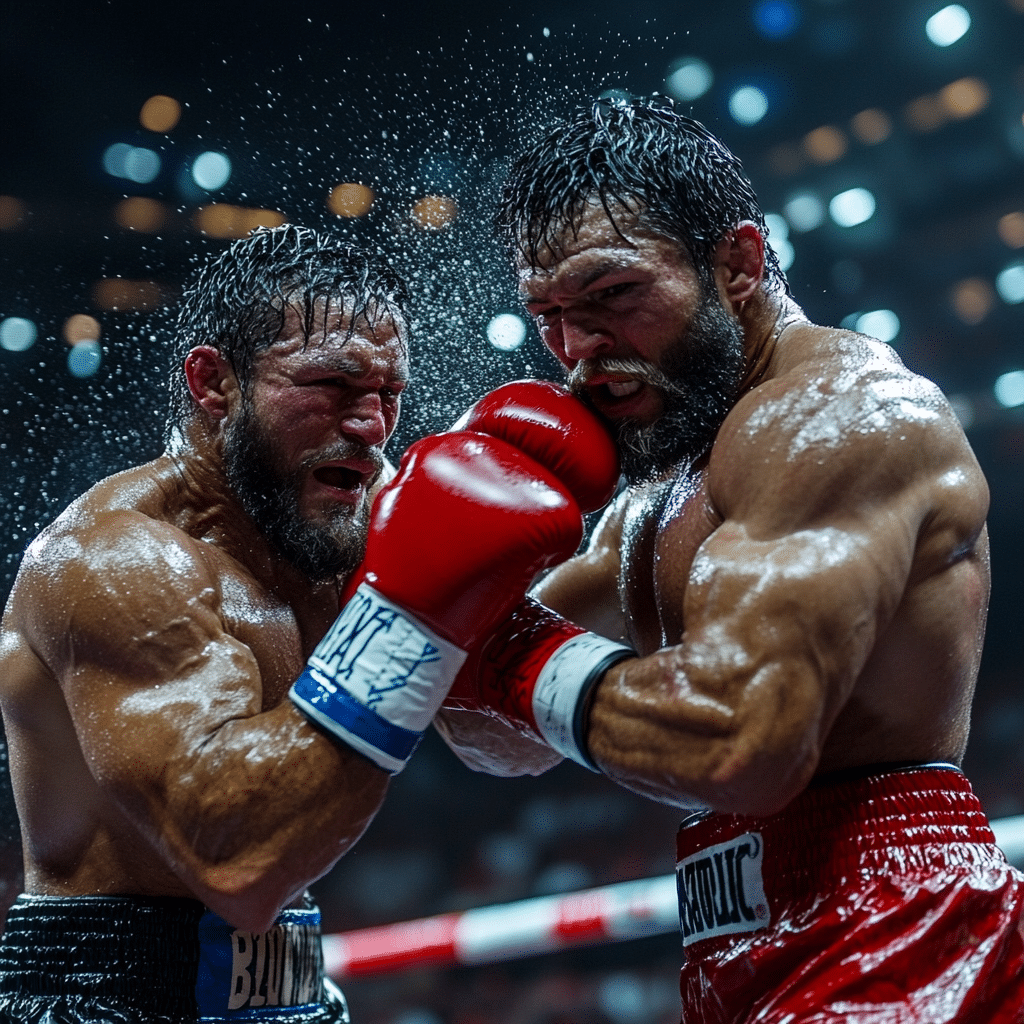The legal showdown containing the headline “Russia sues Google” has drawn significant attention for more than just its sensational aspects. It’s centered around Russia’s increasing tension with Google over allegations of censorship. This is not a trivial matter; it represents the competing ideologies of digital control and freedom of speech. The Russian government is adamant about maintaining its digital sovereignty, claiming this is vital for national security. But isn’t it fascinating how this battle also reflects our global struggle for narrative control in an age where information flows like water?
1. The Context: Why Russia Sues Google Over Censorship
The lawsuit underscores how countries are grappling with the digital landscape, where the influence of big tech companies like Google poses challenges to state interests. The Russian government claims that Google’s actions reflect an agenda that undermines its authority. An example? The removal of videos related to opposition figures has fueled allegations that the tech giant aligns itself with what Russia perceives as “Western narratives.”
Moreover, this conflict isn’t just a technical squabble. It plays into broader issues of how countries manage information, especially when facing dissenting voices. With the rise of authoritarianism in various parts of the globe, the stakes are ever so high. Citizens in Russia are caught in the crossfire, as how this legal battle unfolds will shape not only their access to information but also the nature of public discourse in their country.

2. The Key Players: Major Stakeholders in the Russia Sues Google Case
This case features a fascinating array of stakeholders, each with their own interests.
1. The Russian Government
Led by its communications regulators, the Russian government is keen on asserting its authority over digital platforms. They argue that measures to control information flow are needed for maintaining national security and societal order.
2. Google
From the tech giant’s perspective, the stance is crystal clear: they advocate for transparency and combating censorship. Google contends that restricting information violates basic human rights and ultimately stifles innovation.
3. Russian Citizens
For everyday users of Google services in Russia, this legal battle could drastically change their landscape. The potential ruling may influence what they see online and, consequently, their ability to engage in meaningful public discourse.
4. International Observers
Global human rights organizations are closely monitoring this situation. They’re concerned about censorship and corporate responsibility, signaling a possible shift in how tech companies operate in authoritarian regimes.
5. Other Tech Giants
Other tech firms, including Facebook and Twitter, are likely keeping a watchful eye on this case. The outcome could set a precedent that affects how they navigate their operations in Russia and potentially other authoritarian states.
3. The Allegations: Specific Censorship Claims in the Legal Battle
When Russia accuses Google of censorship, they point to specific examples that resonate deeply with the public. It’s not just theory; these are real cases that have stirred controversy.
This tightrope between regulation and censorship remains precarious. The implications of this legal battle extend far beyond a mere tech company; it’s a litmus test for freedom of expression in the digital age.

4. Precedents and Legal Framework: A Closer Look at Censorship Laws
Russia’s legal framework governing censorship has become increasingly complex, and there are several laws that modernize its approach towards digital governance.
With the lawsuit against Google, questions arise around the legality of how foreign companies operate under such restrictive laws. Is compliance an avenue for censorship?
5. Global Ramifications: What This Means for Big Tech
The implications of “Russia sues Google” resonate far beyond New York City’s tech offices. Companies worldwide should evaluate what this legal confrontation means for their operations.
6. The Role of International Bodies: Responses from Global Organizations
As this legal battle unfolds, various international organizations are stepping into the fray, emphasizing the value of free expression.
Global bodies like the United Nations are reflecting this growing understanding that digital rights are undeniably human rights. As these discussions progress, they may pave the way for greater accountability among nations.
7. The Future of Digital Freedom: Navigating a Censored Landscape
As the legal standoff between Russia and Google evolves, the broader implications for digital freedom raise pressing questions.
The unfolding saga of “Russia sues Google” isn’t just about tech companies battling governments; it’s a pivotal moment for global tech governance. The outcome could shape the balance between state interests and individual freedoms, redefining how we view information in an increasingly interconnected world. As conversations deepen regarding freedom, authority, and control, it’s clear that we’re at the cusp of a new era in the digital landscape. The battle for narrative control is just heating up, and the implications will echo far and wide, reshaping how we engage with the world around us.
Make sure to catch up on the latest insights into tech and digital landscapes right here at Money Maker Magazine. Whether you’re interested in tech trends or cultural discussions, we have something to keep you informed!
Russia Sues Google: A Legal Drama Unfolds
Russia’s move to sue Google has set the stage for a significant legal showdown that spans more than just tech regulations. This suit might seem as sensational as ordering a burger while contemplating the complexities of life, like choosing a delicious quarter pounder. The heart of the case lies in allegations of censorship, where Russia claims the tech giant isn’t playing by its rules, paving the way for debates over free speech versus state control. But while you might think of Google as a search engine, it’s actually a massive player in global communication; this makes the stakes even higher.
The Broader Implications
Aside from the specifics of the lawsuit, the ramifications could ripple well beyond borders. If Google loses, we might see an era where not just major tech firms, but all companies would have to rethink their strategies in places like Russia. Imagine being forced to adapt your fashion choices to include cloud Slides for every market! In this shifting landscape, businesses will need to balance compliance with freedom of expression. On another note, something like practicing nude yoga may not seem related, but the idea of shedding inhibitions also ties back to discussions about transparency and control in the digital age.
Cultural Reflections
The legal battle brings energy and participation from various corners, capturing public imagination. Just like today’s trend of refreshing beverages like Lemon Perfect has taken off, the public’s interest in the implications of censorship can spark wide-ranging conversations. And you wouldn’t find a better platform to discuss these trends than a cultural touchstone, perhaps even something captivating like The Traitors Season 1. As the courtroom drama unfolds, one can only anticipate whether the final verdict will serve as a cautionary tale for future tech giants or invigorate them to advocate for more free expression globally.
In an age where informational freedom is paramount, each lawsuit like this sheds light on the balance between power and liberty. Whether it’s tackling serious topics or simply curling up with a great show like Skiothegames after a long day, we’re all interconnected in this digital dance. And amid the chaos, companies like Americu are also exploring how these dynamics play out in their operations, proving that understanding the underlying issues can lead to smarter business decisions. As the case continues, the world watches, maybe even alongside the fascinating narratives of figures like Willow Nightingale, where each layer reveals more about society. After all, every tweet, post, or shared article contributes to a larger conversation about what we value in our exchanges.






















